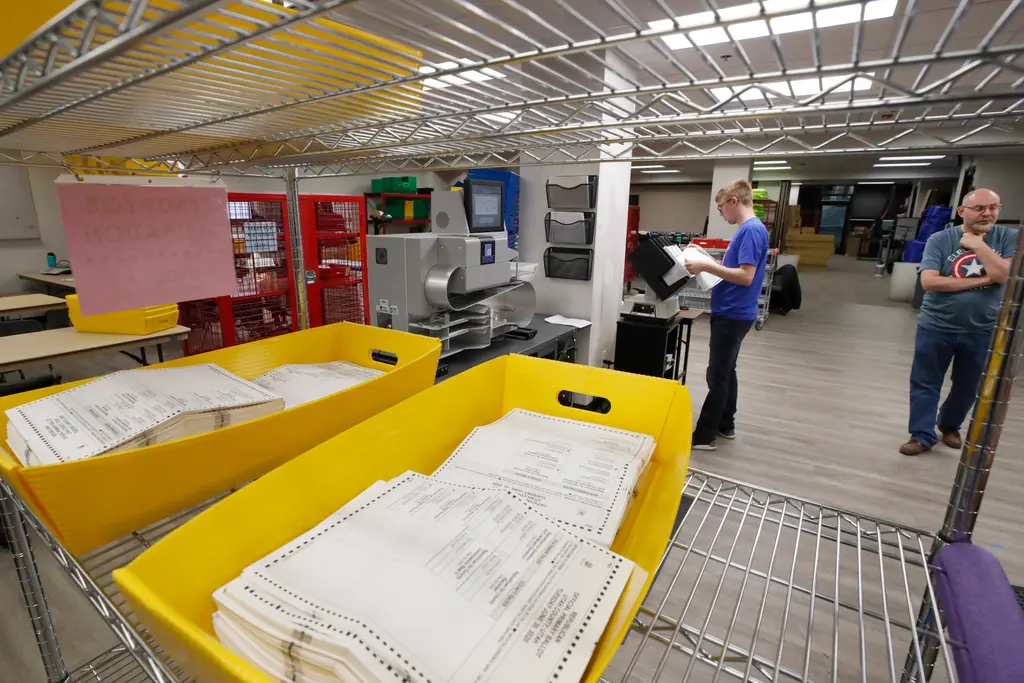From a UN Refugee Camp to Harvard

If you an immigration system in the United States based on the rule of law as well as traditional American beliefs regarding strength through diversity and being a powerful yet comionate nation, the Trump istration’s steady
attack against our immigration structure has been beyond demoralizing.
For many more, it has been personally heart-wrenching and cruel.
This is precisely why it is necessary to take note when our immigration authorities act in a self-correcting manner and offer a glimmer of hope that the non-ideological application of law has not been completely lost.
On August 23, national media reported the 8-hour detention by Customs and Border Protection (CBP) officers of a 17-year old Palestinian student at Boston’s Logan Airport when he presented a valid visa to start his freshman year at Harvard. Ismail Ajjawi was reportedly rejected due to anti-American comments found on his cellphone and laptop.
He didn’t author the comments; s had sent them to him. He had no terrorist history nor criminal record. But he is from Lebanon, a country wracked by terrorism like few other, and he is the product of UN schools in a refugee camp. That, apparently, was enough to create a reasonable doubt in the mind of a CBP officer that he could be harmful to the United States. His visa was cancelled, and he was sent back to Lebanon.
Ten days later Mr. Ajjawi returned to the United States with a newly issued visa was lawfully itted by CBP. He started classes at America’s oldest and possibly most prestigious university. In looking at the how and why of this happy ending, I find three messages stand out concerning perseverance, the power of advocacy, and those less fortunate.
Más sobre Opinion
Mr. Ajjawi’s respect for US law in his application for entry, and his and his family’s persistence in redressing the original decision, are cause for congratulations. Those who come to the United States to study, work and live peacefully among us must be persistent – while always pursuing legal remedies. A resort to illegality vitiates their cause. I also suggest that CBP is to be congratulated.
These are hard times to be a principled law enforcement official on the immigration beat. Presidential twitter rants, a plethora of questionable executive decisions resulting in conflicting guidance, a hyper-polarized American electorate that has catapulted CBP into a spotlight it did not seek – the list goes on. If it is not a good moment to be a student visitor or migrant in the United States, we should also concede that being a CBP or ICE agent is horribly trying in this istration.
The second lesson is about the power of citizen advocacy, coupled with a free press. Taking nothing away from Mr. Ajjawi’s resolve, it would be a gross over-simplification to attribute CBP’s revised decision to his protest alone. He was immediately aided by the organization that had given him the scholarship in the first place, AMIDEAST. Harvard’s president, Lawrence Bacow, and the significant bully pulpit and informal networks of the school activated immediately to raise the issue to press, the Congress, the Departments of State and Homeland Security.
In a statement released by AMIDEAST, an organization dating to 1951 that promotes mutual understanding and cooperation between the United States and the peoples of the Middle East, they credited the public outcry in both traditional and social media as essential to the successful resolution of the case. They also recognized the key role of a US Embassy Beirut office, EducationUSA, which vetted and guided young Ismail through the college application process. It is just this type of US government-funded educational assistance that brings us the world’s best and brightest.
Finally, the episode should compel us to consider those less fortunate, those without muscular public advocacy or Harvard behind them. Take asylum seekers as an example. Asylum is a presentation for lawful ission to the United States, one protected by international treaty law to which the US subscribes. It’s not remotely the same as a student visa. In fact, there’s no treaty that strictly requires the United States to accept a student visa; only enlightened self-interest.
It is well known that the istration is waging an assault against legal asylum. “Metering,” whereby applicants must stay in Mexico until summoned to start their application has created pop-up refugee camps. In June 2018, then-Attorney General Sessions issued a precedent decision that excluded gender-based domestic violence and gang violence as grounds for an asylum petition, further limiting the opportunities for many Central Americans to even consider a legal application.
The istration cut its 2019 refugee acceptance limit, or cap, to an historic low of 30,000. According to Politico, the White House is considering further drastic reductions or even zeroing out refugee ittances for next year.
In the face of this possibility, Americans opposed to our nation becoming even more isolated from the global community - which we need to be safe and prosperous - should look to the lawful advocacy behind Mr. Ajjawi’s singular case and take heart. Then, they must replicate and expand that activism on behalf of those who come to work in our economy and build new lives in a nation historically characterized by enlightened and comionate rule of law. America needs both Harvard kids and refugee kids.



